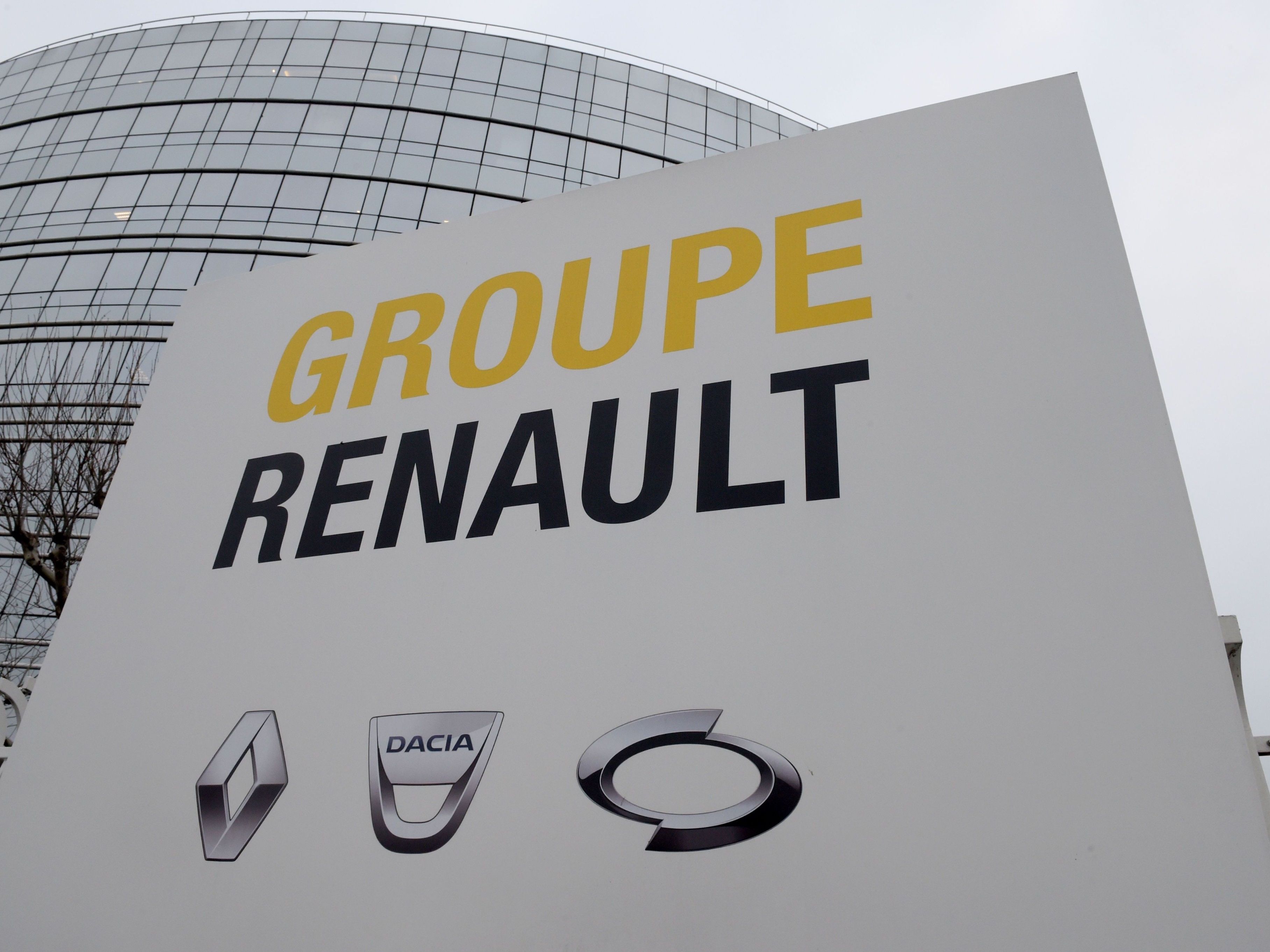TOYOTA

Toyota GR Corolla propelled with liquid hydrogen some tests of the Super Taikyu series at the Fuji Circuit, in Oyama (Japan)
At the end of last February, a Toyota GR Corolla powered by liquid hydrogen participated in some tests of the Super Taikyu series at the Fuji Circuit, in Oyama, Shizuoka (Japan). It was the first public appearance of this prototype and the first time in history that a vehicle from a manufacturer propelled by liquid hydrogen ran on a circuit.
While the GR Corolla that had competed in Super Taikyu races until then ran on gaseous hydrogen, tests that began in 2021, now a GR Corolla was present with a propellant based on liquid hydrogen.
The vehicle participated in three sessions, simulating real competition conditions, such as sharing the track with other vehicles and the need to refuel at the indicated times.
Driver Masahiro Sasaki explains the challenge: “We are striving to make possible a future for the internal combustion engine by exploring a technology considered unfeasible for automobiles, in the unknown terrain of -253°C. Although there are still several obstacles to overcome, such as with gaseous hydrogen, we hope that the agility of evolution achieved in circuits ends up being reflected in cars in everyday use”.
As development continues, the team plans to compete in the 2023 season of the Super Taikyu series, which begins this month. This will make it possible to intensify work to expand fuel options for a carbon neutral society.
Development of liquid hydrogen vehicles... In March 2022, at the opening stage of the Super Taikyu, at Suzuka Circuit, Toyota announced that it had begun to develop a vehicle propelled by liquid hydrogen.
Three months later, at the second race, held at the Fuji Circuit, the team showed off an on-board system and a liquid hydrogen mobile station.
From then on, and after testing and approval of the liquid hydrogen tanks and other components, at the end of October, the vehicle may be filled with liquid hydrogen for a test drive.
Starting in November, the team organized several on-track sessions to resolve any problems with the liquid hydrogen system and get the vehicle ready for competition. In 2023, the priority was to improve technology and train personnel, in order to be able to compete with a vehicle propelled by liquid hydrogen in the Super Taikyu series.
Advantages of liquid hydrogen... Until last year, Toyota Corolla powered by hydrogen operated with fuel in a gaseous state. In general, the possibility of using a liquid fuel multiplies the energy density per unit volume and increases autonomy.
In the case of gaseous hydrogen, the tanks are filled at high pressure and therefore must be cylindrical. However, when the fuel is in a liquid state, it is not necessary for the tanks to be pressurized. In the future, fuel tanks may be shaped to fit under the car's floor, which offers the potential to improve the vehicle's structure.
Liquefaction transforms refueling...The switch from gaseous to liquid fuel also makes more compact mobile hydrogen stations possible. Liquefaction reduces the size of transport trucks and eliminates the need for installations with pressures of up to 70 MPa.
This also reduces the station's impact to about a quarter of what would be needed for gaseous hydrogen. As with gasoline vehicles, it can also be refueled in the pit area. Furthermore, since refueling no longer needs to be pressured, several vehicles can be refueled one after the other.
In the future, Toyota will focus on challenges such as maintaining a very low temperature of -253°C during refueling and storage, and tackling natural evaporation when tanks heat up, while also trying to accelerate the pace of technological development.
Autonews


Nenhum comentário:
Postar um comentário